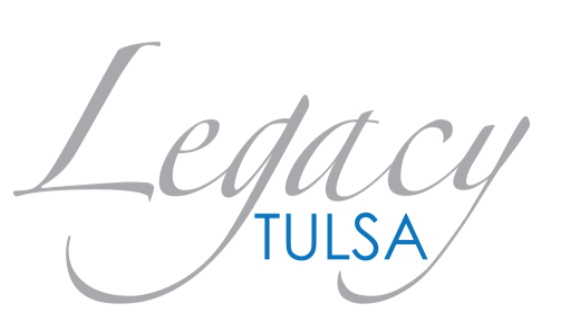The following list demonstrates a few ways that a gift can be given from a donor to a participating LEGACY agency. As you take the next steps to making a Legacy Gift, we can work with your current professional advisors or feel free to use the complimentary services of Legacy Tulsa's Planned Giving Department - The Advancement Group.
Will - naming a charity in the will for a dollar amount or a percentage amount is a frequent gift strategy. Making a change to an existing will require a “codicil” or amendment to be prepared. This is generally done by your attorney.
Trust – naming a charity in a trust for a dollar amount or a percentage amount will direct how the assets of the estate are to be distributed by the trustee(s). A change to a trust requires an “amendment.” This is generally done by your attorney.
POD – this is a designation used, for example, on a bank account so that it is payable on death (POD) to a beneficiary i.e. a non-profit organization. To designate charity as a beneficiary, a donor would fill out this paperwork at their bank or financial institution identifying the percent to go to charity and the percent to non-charitable beneficiaries: family, heirs, etc.
TOD – this is a designation used for example on securities, automobiles, and real estate so that it is transferred on death (TOD) to a beneficiary i.e. a non-profit organization. To designate charity as a beneficiary, a donor would contact their stockbroker or investment company, their state’s motor vehicle department, or their attorney to prepare a deed.
Beneficiary Designations – including charity as a beneficiary on retirement accounts (401(k), 403(b), pension plans, etc…), life insurance policies, annuity contracts, and beneficial deeds is a simple way to give to charity. You may either designate a percentage or a specific dollar amount to a non-profit. To designate, a donor would contact their retirement plan administrator or obtain a change of beneficiary form from the insurance company and complete a new beneficiary designation form with the changes.
Charitable Gift Annuity – this is a contract between a charity and the donor(s). The donor(s) receives income for one or two lives, after which the remaining balance of the annuity becomes available for the use of the charity. This is a more complex process requiring a donor to review a gift annuity illustration for payout rates and income, as well as signing an annuity contract and gifting the cash or appreciated asset to the non-profit.
Remainder Interest – this applies to a particular trust that avoids capital gains tax on the sale of an appreciated asset, creates an income tax deduction, pays income to the donor, and at the end of the term of the trust is paid to charity.
Lead Interest – this applies to a charitable gift from a trust, while the donor is living or at death, where income is first payable to a charity, for a period of years, then the balance of the trust assets would revert back to the donor or is paid to the donor’s family.
Bequest Information
A bequest is a gift from your estate—a transfer of cash, securities, or other property made through your estate plans. You can make a bequest to one of our Legacy Planned Giving Partners by including language in your will or living trust leaving a portion of your estate your charity(s), or by designating the organization as a beneficiary of your retirement account or life insurance policy.
Remembering a Legacy Partner with a bequest from your estate will help sustain and strengthen their mission in years to come. Some of the advantages of creating a bequest include:
- A bequest costs nothing now, yet gives you the satisfaction of knowing you have provided for the organization(s) you care for in the future
- You retain control of and use of your assets during your lifetime
- You may modify your bequest if your circumstances change
- Gifts to an organization(s) from your estate are exempt from federal estate taxes
Example of Bequest Language - Please feel free to change the numbers or percentages as you desire.
1. Bequest of cash
"I bequeath the sum of $X,XXX to Organization Name."
2. Bequest of a percent of the estate
"I devise and bequeath X% of the remainder and residue of property owned at my death, whether real or personal, and wherever located to Organization Name and Location."
3. Contingent Bequest
"If my brother John Doe survives me, I devise and bequeath X% of the remainder and residue of property owned at my death, whether real or personal, and wherever located to John Doe. If John Doe does not survive me, then I devise and bequeath X% of my residuary estate, whether real or personal property and wherever located to Organization Name and Location."

